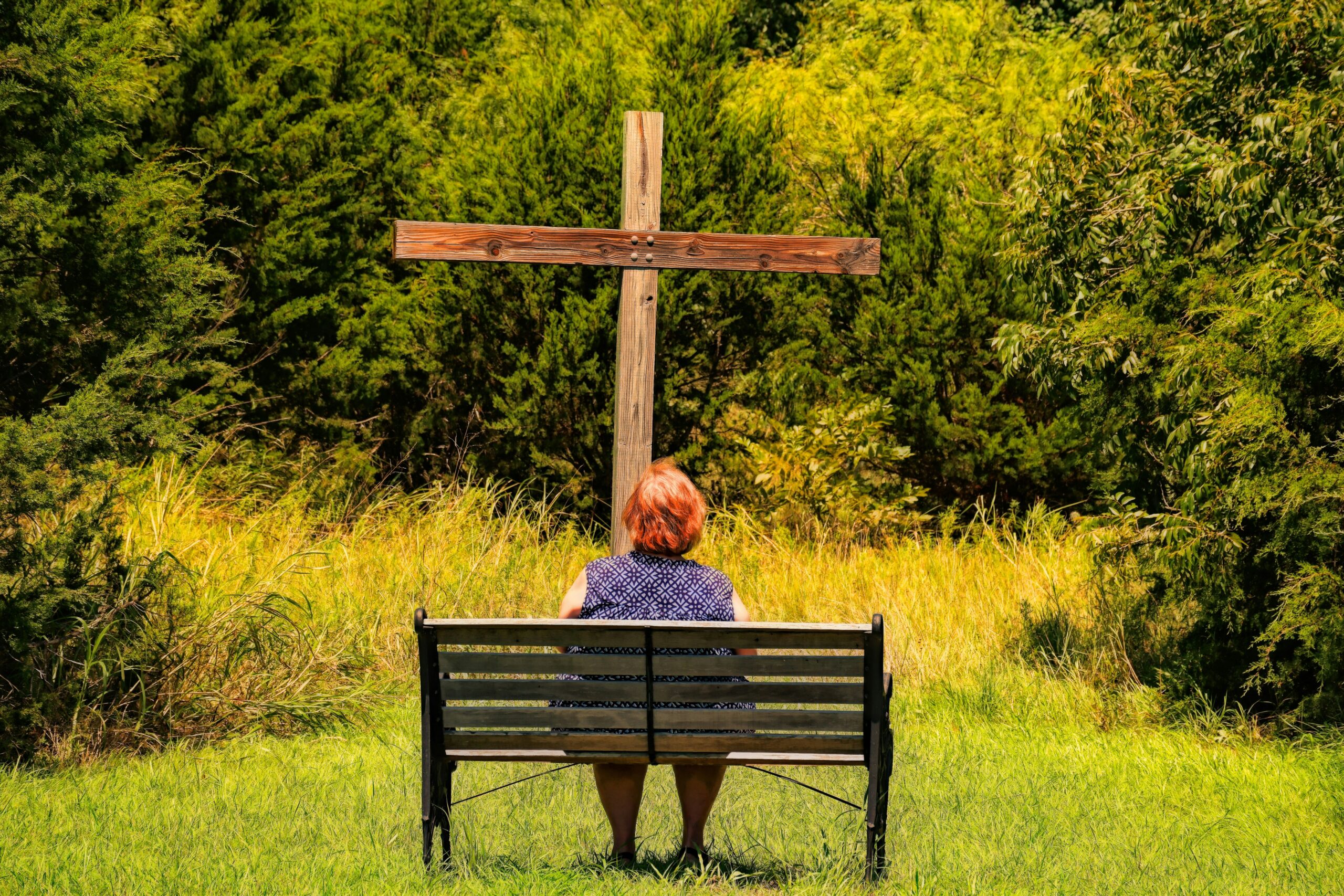Make Disciples Who Will Make Disciples by Maxie Dunnam

Many local churches I know have as a part of their mission statement, We need to be deliberate in our churches in “making disciples who will make disciples.” It rolls off our tongues so easily, but is demanding in actualizing. As I insisted in my last article, we must nurture and cherish the bond between word and deed, ideas and consequences, beliefs and actions. And I’m certain that the primary place where this kind of evangelizing can and must take place is the local congregation.
Engaging with a ‘Generic Christian’
Sometime ago, I was driving on Poplar Avenue, a main street in Memphis on which the church I served for 13 years as lead pastor is located. The car ahead of me had a bumper sticker. The bumper sticker is a way for a lot of people to sow whatever seeds they want to sow in the minds of other people. Also, it is one of our dominant means of communication, to say to the world around us that we’d “rather be sailing,” or that we “love our dog.” When I got close enough to the car ahead of me to read the bumper sticker, I saw, in big letters, “I am a generic Christian.” That attracted me. I wanted to know what that meant. So, I got closer to the car, knowing that there were some smaller letters written beneath those large ones. I got dangerously close to the back of the car to read the words: “Ask me what I mean.” Well, that intrigued me even more.
I suppose my interest was whetted further by the fact that the car on which that bumper sticker was displayed was a $85,000 Mercedes. I wondered how any driver of a Mercedes could be considered a generic anything. The car turned into the carwash. I had no intention of getting a car wash that day, but my interest had so peaked that I couldn’t pass it up. So, I turned in to get my car washed also – but really to engage that fellow in conversation.
He told me that, while he was a member of a local congregation in our city, he was so tired of the denominational emphasis in so many churches that he wanted to proclaim a different kind of message that the important message was to be Christian in the generic sense, not a “brand-name Christian.”
The Need for True Discipleship
Well, he had a point. But I wonder, don’t we have too many generic Christians and not enough disciples? Sometimes the reaction to “denominationalism” can become an excuse for refusing to be involved in any actual congregation. Still, to merit the faithfulness of erstwhile generic Christians, congregations must be prepared to get deeply and truly involved in the privilege and challenge of making disciples.
Too many congregations slink into the pattern of offering episodic programs emphasizing the mission statement. I believe the more desperate need in most congregations is deliberate consistent training in the “core” of the Christian faith and what it means to be a disciple, an intentional follower of Jesus Christ. We must have a “design” for that which will move folks along in a deliberate way in their discipleship growth. Our goal is simple, but requires comment and consistency. We want our congregational members, as Christians, to be reasonably informed, reasonably inspired, and reasonably equipped.
Understanding Discipleship Evangelism
I don’t know who coined the term “discipleship evangelism.” I believe it is a good one because it names the nature of evangelism: discipleship evangelism. Reflect on what that means.
First, it means that we can’t claim Jesus as Savior without a willingness to surrender to him as Lord.
Second, it means that an emphasis on a faith which does not include fidelity to Christ’s call to walk in newness of life and to share that life with others is a distortion of the gospel. Faith which does not give attention to holy living and ethical issues, telling the truth, seeking to live morally clean lives, shunning evil, fighting personal immorality and social injustice, feeding the hungry, caring for the needy, seeking the lost, suffering for those to whom the world has said no– that kind of faith, a faith which does not give attention to holy living and ethical issues, and does not care for others, is dead (James 2:26).
Third, it means that a faith which emphasizes holy living, ethics, and good works as a saving way of life is a false faith. Does that sound contradictory to what I have just been saying? What do I mean? I mean that holy living, ethics, and good works do not save us, but rather are the evidence of the transforming work of the Spirit within us.
Designing for Discipleship Growth
Along with owning the meaning of discipleship evangelism, I repeat, we. must have a “design’ for that which will move folks along in a deliberate way in their discipleship growth. That’s the way we will move to accomplish our mission of “making disciples who make disciples.”
Subscribe
Get articles about mission, evangelism, leadership, discipleship and prayer delivered directly to your inbox – for free























